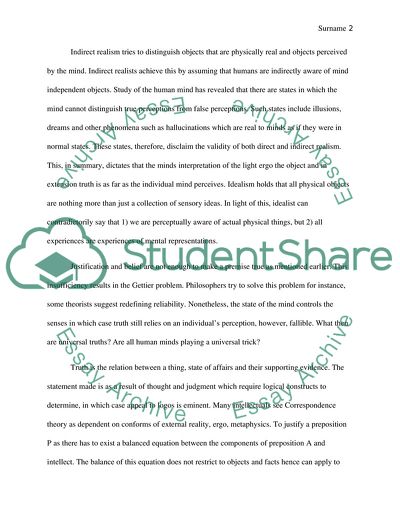Cite this document
(How We Are to Think upon Truth, Is as Diverse a Topic as Principles of Essay, n.d.)
How We Are to Think upon Truth, Is as Diverse a Topic as Principles of Essay. https://studentshare.org/philosophy/1774311-truth
How We Are to Think upon Truth, Is as Diverse a Topic as Principles of Essay. https://studentshare.org/philosophy/1774311-truth
(How We Are to Think Upon Truth, Is As Diverse a Topic As Principles of Essay)
How We Are to Think Upon Truth, Is As Diverse a Topic As Principles of Essay. https://studentshare.org/philosophy/1774311-truth.
How We Are to Think Upon Truth, Is As Diverse a Topic As Principles of Essay. https://studentshare.org/philosophy/1774311-truth.
“How We Are to Think Upon Truth, Is As Diverse a Topic As Principles of Essay”. https://studentshare.org/philosophy/1774311-truth.


